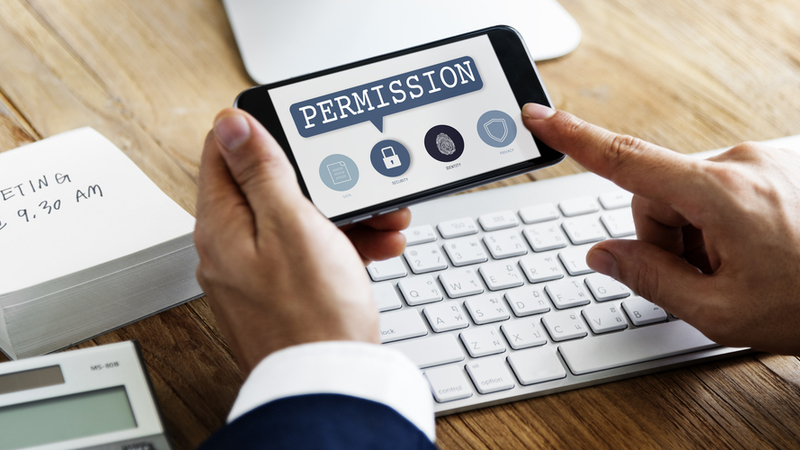Google has this week issued a response to a worrying investigation into the Gmail platform's level of data privacy, providing a quick list of tips for keeping accounts locked down. This list, dubbed the Security Checkup, allows you to review and update your account permissions to prevent undesirable access privileges from third-party applications.
Why is this important? Well, an investigation performed by the Wall Street Journal in the USA revealed that Gmail users' private email messages could be spied on by developers of third-party applications. After the Cambridge Analytica controversy that has plagued Facebook for months, this kind of breach is the last thing that Google needs.
More about the issue
According to research carried out by the Wall Street Journal, Google's email platform gives third-party application developers permission to perform scans on any users of Gmail who have installed their application. What's more, it's also supposedly a widespread practice among many firms operating in the software development world.
The justification behind such scanning is that it's designed to allow integration with other applications and the Gmail client. These third-party applications provide additional support to your email inbox, such as automatic unsubscribing from spam emails, price comparisons, quick-compose templates and more.
The Director of Security, Trust and Privacy for Google Cloud, Suzanne Frey, shared an online post that claimed it was commonplace for such developers to read email messages belonging to Gmail users if their permissions allowed. Though she also said this comes down to individual application permissions, it’s still something that most users are likely unaware of. So, read on to find out how you can lock down your Gmail inbox permissions.
Protecting your inbox
If you're a Gmail user who doesn't want to stop using the service, but you want to ensure that your private messages are kept private, then check out the advice, below.
Step 1: Use the Security Checkup tool
Accessing the Security Checkup function is done through your Google account, by clicking on the menu in the upper-right corner of the screen. Select Account and then click on Security Checkup. In this menu, you'll have access to information detailing how many devices are logged into your Google account, as well as any detected security problems from the last month.
What you’ll also see inside of this menu is a detailed list of any third-party applications that you've connected with. If you aren't using some of those apps listed in this menu, then you should remove them to avoid allowing their developers access to your inbox.
Step 2: Check permissions carefully before allowing access
Much like with Facebook applications, you should review your permissions before handing over account access to applications that haven't been developed by Google. When a new application asks for access to your account data, it should inform you what areas of the service it needs access to. This may include access to 'read, send, delete or manage' emails.
Step 3: Amend your permissions
Fortunately, you can double-check the permissions that you've already granted to existing applications. Go back to the same Account area once logged into Google and click on 'Apps with account access'. Review those applications already granted permissions and check any with stored passwords. You should be able to clear out any that you no longer trust or don’t want saved.
More information
Generally speaking, Google is one of the more trustworthy companies around, with a lot to lose from data breaches, so their platform is reasonably secure. This issue is more about ensuring that you lock down third-party permissions, preventing them from having access to your messages.
If you’d like any more advice, you can check out some of our previous guides in this section, including how to unsubscribe from junk emails, and how to set up additional user authentication on your Google account. If you have any concerns about security, or have any other questions for our advisers, then you can reach WiseGuys on 0808 123 2820.



Recent Comments